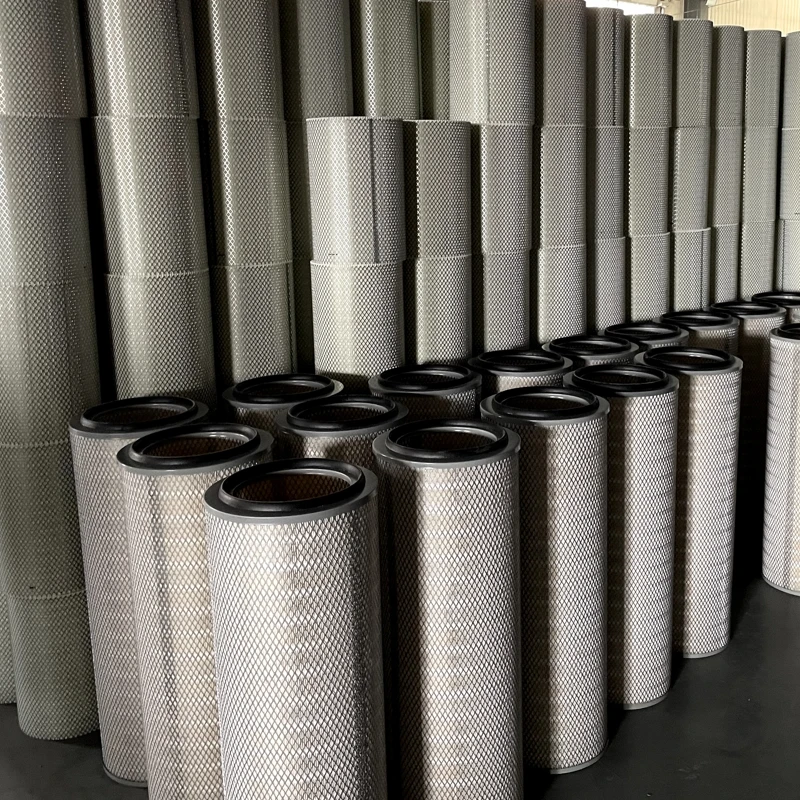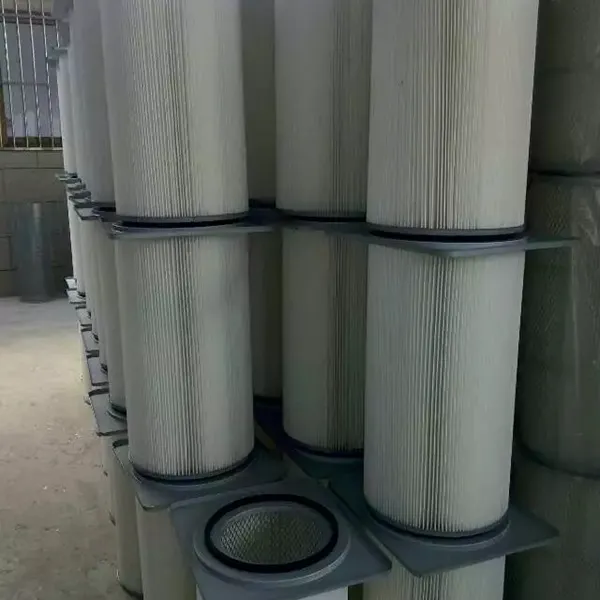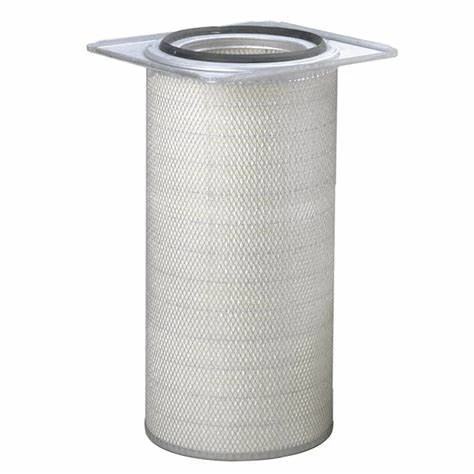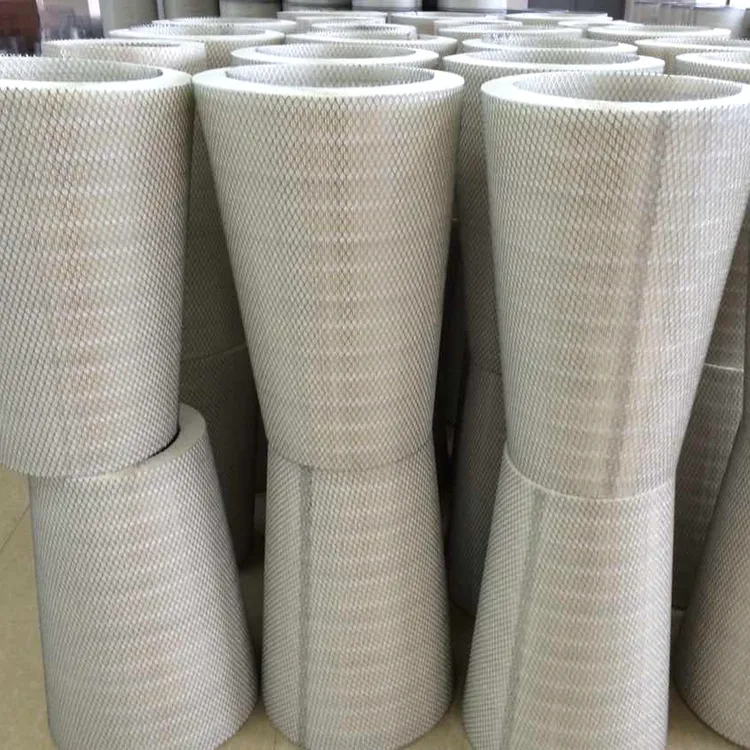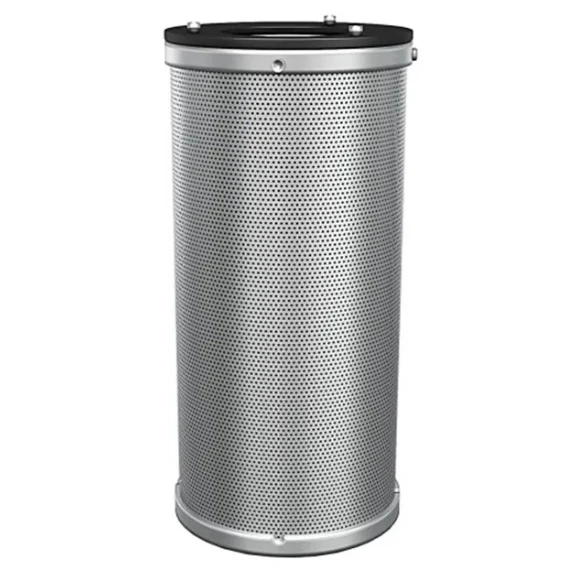 Tel:
+8618931101301
Tel:
+8618931101301
12月 . 05, 2024 16:11 Back to list
gas turbine filter
The Importance of Gas Turbine Filters in Modern Energy Generation
Gas turbines have become a cornerstone of modern energy generation, providing efficiency and reliability in electricity production. However, the effectiveness of gas turbines depends significantly on the air quality they receive, making gas turbine filters a critical component in their operation. Filters serve to protect the turbine from harmful contaminants present in the air, such as dust, soot, and other particulate matter, which can lead to performance degradation and increased maintenance costs.
Understanding Gas Turbine Operation
Gas turbines operate on the principle of converting fuel into mechanical energy via combustion. Ambient air is drawn into the turbine, compressed, mixed with fuel, and ignited. This process generates high-temperature, high-pressure exhaust gases that spin a turbine to produce mechanical energy. The efficiency of this cycle is closely linked to the quality of the intake air. Any impurities in the air can adversely affect combustion efficiency and turbine performance.
The Role of Filters
Gas turbine filters are used to maintain air quality by removing particulates before they enter the turbine system. Effective filtration helps in
1. Preventing Component Damage Over time, unfiltered particles can erode turbine blades, leading to mechanical failures and increased downtime for repairs. A robust filtration system protects these components, enhancing their lifespan.
2. Enhancing Efficiency Clean air leads to more efficient combustion, which maximizes the energy output from the turbine. This efficiency is crucial, especially in competitive energy markets, where operational costs must be minimized.
3. Reducing Emissions By ensuring optimal combustion conditions, effective filtration can lead to reduced emissions of harmful pollutants, such as nitrogen oxides (NOx) and carbon monoxide (CO). This aligns with global sustainability efforts and regulatory compliance.
4. Maintaining Operational Stability Gas turbines operate best under optimal conditions. Contaminated air can lead to instabilities in combustion and operational performance. Filters ensure a consistent and stable air supply.
Types of Filters
gas turbine filter

There are several types of filters used in gas turbines, each designed for specific environments and requirements
- Panel Filters These are typically used for pre-filtration. They capture larger particles and are often the first line of defense against contaminants.
- HEPA Filters High-Efficiency Particulate Air (HEPA) filters are designed to capture very small particles, making them ideal for environments where air purity is critical.
- Cyclone Separators These devices use centrifugal force to remove large particulates from the air stream before it reaches the main filtration system.
- V-Bank Filters These filters are characterized by their design, which lends to higher airflow resistance. They provide a larger surface area for filtration and are suitable for high dust environments.
Maintenance and Replacement
To ensure the effectiveness of gas turbine filters, regular maintenance and replacement are essential. Monitoring the pressure drop across the filters can help operators gauge when filters need to be cleaned or replaced. Failure to maintain filters results in reduced airflow and efficiency, leading to increased operational costs.
Future Trends
As technology advances, gas turbine filters are evolving with improved materials and designs. Nanofiber technology, for instance, is emerging as a promising solution for higher filtration efficiency and resistance to fouling. Additionally, smart filtration systems that utilize sensors and IoT capabilities are being developed to provide real-time monitoring and predictive maintenance alerts, further enhancing the reliability and efficiency of gas turbines.
Conclusion
In conclusion, gas turbine filters play an indispensable role in the performance and longevity of gas turbines in modern energy generation. By ensuring clean, untainted air supply, these filters not only enhance efficiency and reliability but also contribute to reduced environmental impact. As the energy sector continues to evolve, the importance of maintaining high air quality through advanced filtration solutions will only grow, making it a critical focus for operators and manufacturers alike.
-
When should the dust filter be replaced?NewsApr.30,2025
-
How to choose a special dust filter?NewsApr.29,2025
-
Industrial air filters: How to deal with high dust environments?NewsApr.28,2025
-
From coconut shell to coal: performance differences of activated carbon filter elementsNewsApr.24,2025
-
Air filter survival guide in high-dust environmentsNewsApr.23,2025
-
How do air filters cope with high-concentration dust environments?NewsApr.21,2025

 Email:
Email:
